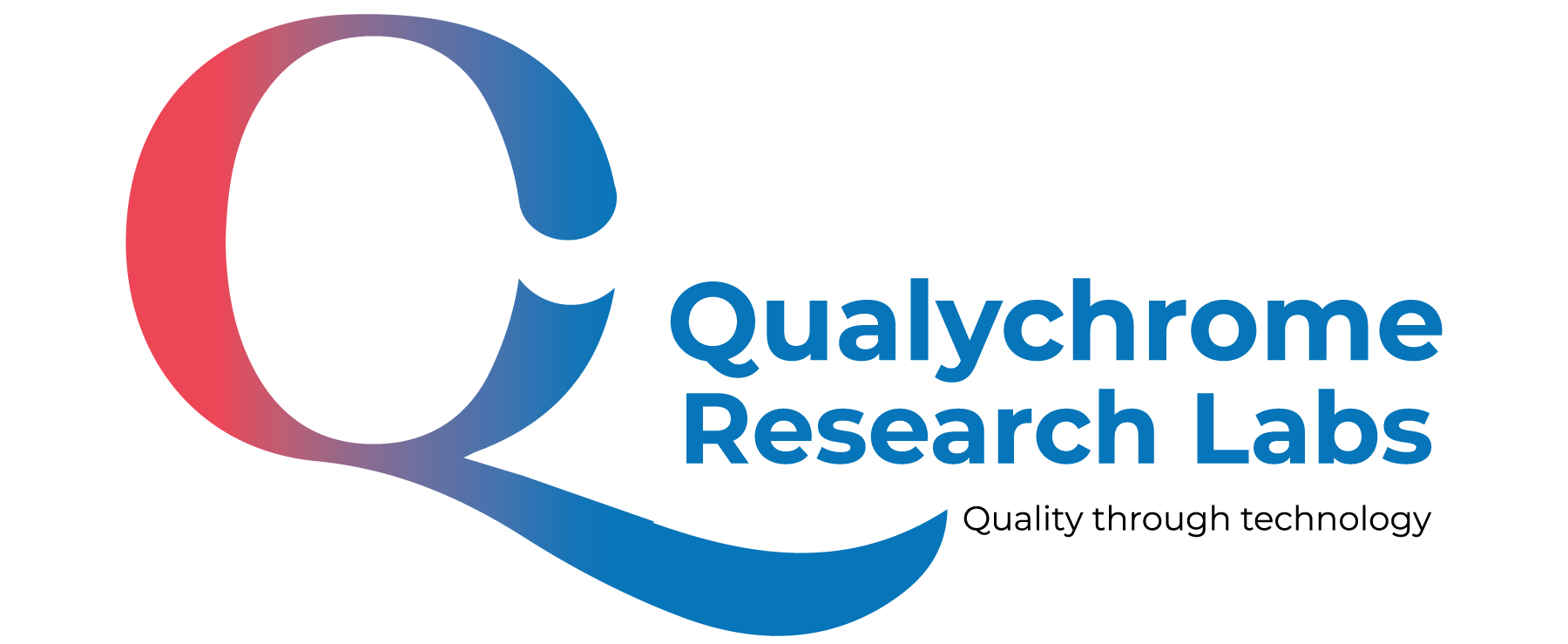Quality assurance (QA) is a critical function in the pharmaceutical industry that is responsible for ensuring that products are safe, effective, and of high quality. QA plays a vital role in ensuring that products comply with regulatory requirements and meet the expectations of customers. Here are some key components of quality assurance in Pharma:
Good Manufacturing Practices (GMP): GMP is a set of guidelines that ensure that pharmaceutical products are consistently produced and controlled according to quality standards. GMP includes procedures for process validation, equipment calibration, and documentation.
Quality Control (QC): QC is the process of verifying that products meet the established specifications. QC includes sampling, testing, and release of products.
Documentation: Documentation is a critical component of QA in the pharmaceutical industry. Documentation includes batch records, standard operating procedures (SOPs), and validation protocols.
Auditing and Inspections: Auditing and inspections are essential components of QA in the pharmaceutical industry. These activities help to ensure that the company is complying with regulatory requirements and following established procedures.
Continuous Improvement: Continuous improvement is an essential aspect of QA in the pharmaceutical industry. Companies should regularly review their processes, identify areas for improvement, and implement changes to improve efficiency and quality.
Overall, QA is critical for ensuring that pharmaceutical products are safe, effective, and of high quality. QA includes adherence to GMP guidelines, quality control, documentation, auditing and inspections, and continuous improvement. By implementing strong QA processes, pharmaceutical companies can ensure that their products meet regulatory requirements and customer expectations.
